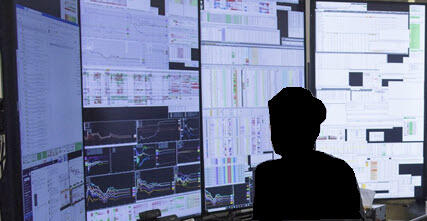See the photo below?
It shows the screens of a trader at a proprietary trading firm.
What don't you see? You don't see price charts with 'trend lines' drawn in.
What do you see? The 'charts' you see are not individual price charts but graphs tracking pricing models such as relative value calculations.
But the charts are only one component of the overall decision-making process.
Also shown is the trading activity of other participants.
I'll cover why in a minute, but first:
The key takeaway from looking at the trader's screens is that when making a trading decision, the trader considers multiple data sources—or, as I say, "multiple points of evidence."
Why 'multiples'?
Before establishing his multi-billion dollar quantitative fund, WorldQuant:
Igor Tulchinsky traded for 12 years at Jim Simons' Medallion Fund, famed for having the best record in investing history.
As Igor says: "Because all theories are flawed, the best approach is to collect as many of them as possible and use them all, in as optimal a fashion as you can devise, simultaneously."
Why focus on the activity of others?
Much of the methods touted in so-called trading education and advice are skewed towards hindsight.
And as the best trader of our time Jim Simons famously said, "Drawing conclusions from hindsight is a complete waste of time."
Regardless of the best-laid plans, when it comes to taking action—as in any competitive sport —you're responding to the actions of others.
In the short term, trading is about game theory more so than prices. Make sense?
As Jim Simons revealed about his trading, "We don't want to predict price, but we want to predict when other market participants are going to do something."
Reality check
To quote Igor again: "Trading signals decay, whether you use them or not, because if you don’t use them, others do."
This underscores the importance of staying ahead by continuously analysing multiple points of data.
By doing so, you can validate or invalidate your strategies in real-time, minimising risk without putting your capital on the line.
What's great about trading?
Few people will put in the work to understand what the market is saying (through multiple points of evidence).
As a trader who wants nothing more than 'consistent performance,' this is a genuine, time-tested approach to reaching that goal in something that has longevity.
Because most people won't pay the price to reach the goal, it retains its efficacy because it's uncrowded.
Forex and derivatives trading is a highly competitive and often extremely fast-paced environment. It only rewards individuals who attain the required level of skill and expertise to compete. Past performance is not indicative of future results. There is a substantial risk of loss to unskilled and inexperienced players. The high degree of leverage can work against you as well as for you. Before deciding to trade any such leveraged products you should carefully consider your investment objectives, level of experience, and risk appetite. The possibility exists that you could sustain a loss of some or all of your initial investment and therefore you should not invest money that you cannot afford to lose. You should be aware of all the risks associated with trading on margin, and seek advice from an independent
Editors’ Picks
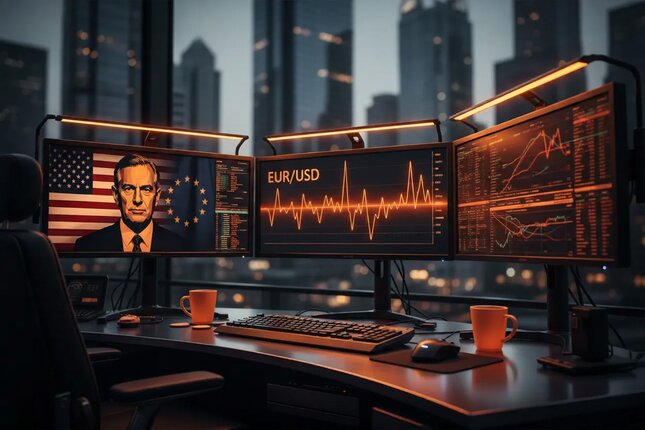
EUR/USD: Yes, the US economy is resilient – No, that won’t save the US Dollar Premium
Some impressive US data should have resulted in a much stronger USD. Well, it didn’t happen. The EUR/USD pair closed a third consecutive week little changed, a handful of pips above the 1.1800 mark.

Gold: Metals remain vulnerable to broad market mood Premium
Gold (XAU/USD) started the week on a bullish note and climbed above $5,000 before declining sharply and erasing its weekly gains on Thursday, only to recover heading into the weekend.
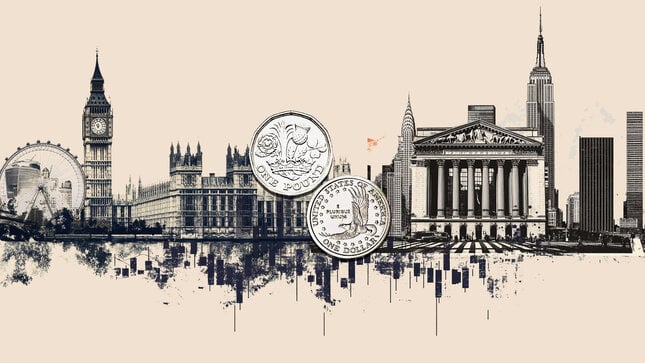
GBP/USD: Pound Sterling remains below 1.3700 ahead of UK inflation test Premium
The Pound Sterling (GBP) failed to resist at higher levels against the US Dollar (USD), but buyers held their ground amid a US data-busy blockbuster week.
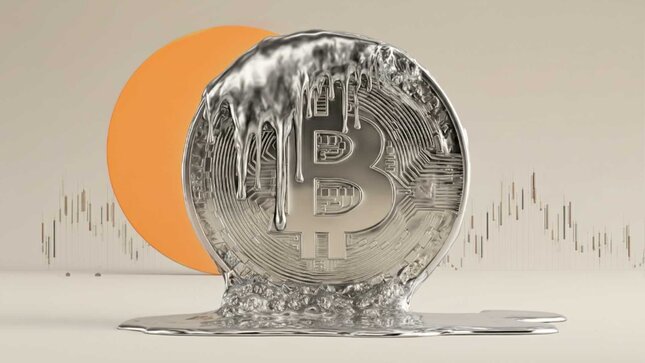
Bitcoin: BTC bears aren’t done yet
Bitcoin (BTC) price slips below $67,000 at the time of writing on Friday, remaining under pressure and extending losses of nearly 5% so far this week.
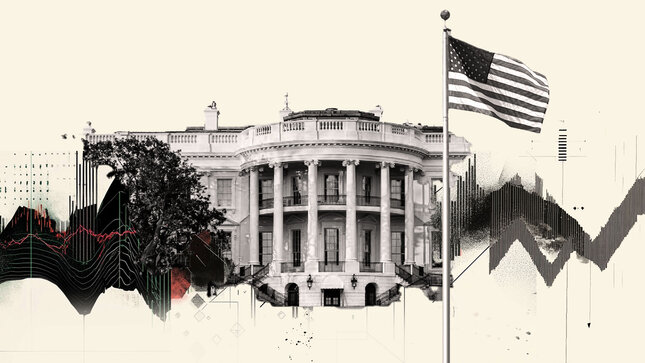
US Dollar: Big in Japan Premium
The US Dollar (USD) resumed its yearly downtrend this week, slipping back to two-week troughs just to bounce back a tad in the second half of the week.
RECOMMENDED LESSONS
Making money in forex is easy if you know how the bankers trade!
I’m often mystified in my educational forex articles why so many traders struggle to make consistent money out of forex trading. The answer has more to do with what they don’t know than what they do know. After working in investment banks for 20 years many of which were as a Chief trader its second knowledge how to extract cash out of the market.
5 Forex News Events You Need To Know
In the fast moving world of currency markets where huge moves can seemingly come from nowhere, it is extremely important for new traders to learn about the various economic indicators and forex news events and releases that shape the markets. Indeed, quickly getting a handle on which data to look out for, what it means, and how to trade it can see new traders quickly become far more profitable and sets up the road to long term success.
Top 10 Chart Patterns Every Trader Should Know
Chart patterns are one of the most effective trading tools for a trader. They are pure price-action, and form on the basis of underlying buying and selling pressure. Chart patterns have a proven track-record, and traders use them to identify continuation or reversal signals, to open positions and identify price targets.
7 Ways to Avoid Forex Scams
The forex industry is recently seeing more and more scams. Here are 7 ways to avoid losing your money in such scams: Forex scams are becoming frequent. Michael Greenberg reports on luxurious expenses, including a submarine bought from the money taken from forex traders. Here’s another report of a forex fraud. So, how can we avoid falling in such forex scams?
What Are the 10 Fatal Mistakes Traders Make
Trading is exciting. Trading is hard. Trading is extremely hard. Some say that it takes more than 10,000 hours to master. Others believe that trading is the way to quick riches. They might be both wrong. What is important to know that no matter how experienced you are, mistakes will be part of the trading process.
The challenge: Timing the market and trader psychology
Successful trading often comes down to timing – entering and exiting trades at the right moments. Yet timing the market is notoriously difficult, largely because human psychology can derail even the best plans. Two powerful emotions in particular – fear and greed – tend to drive trading decisions off course.
